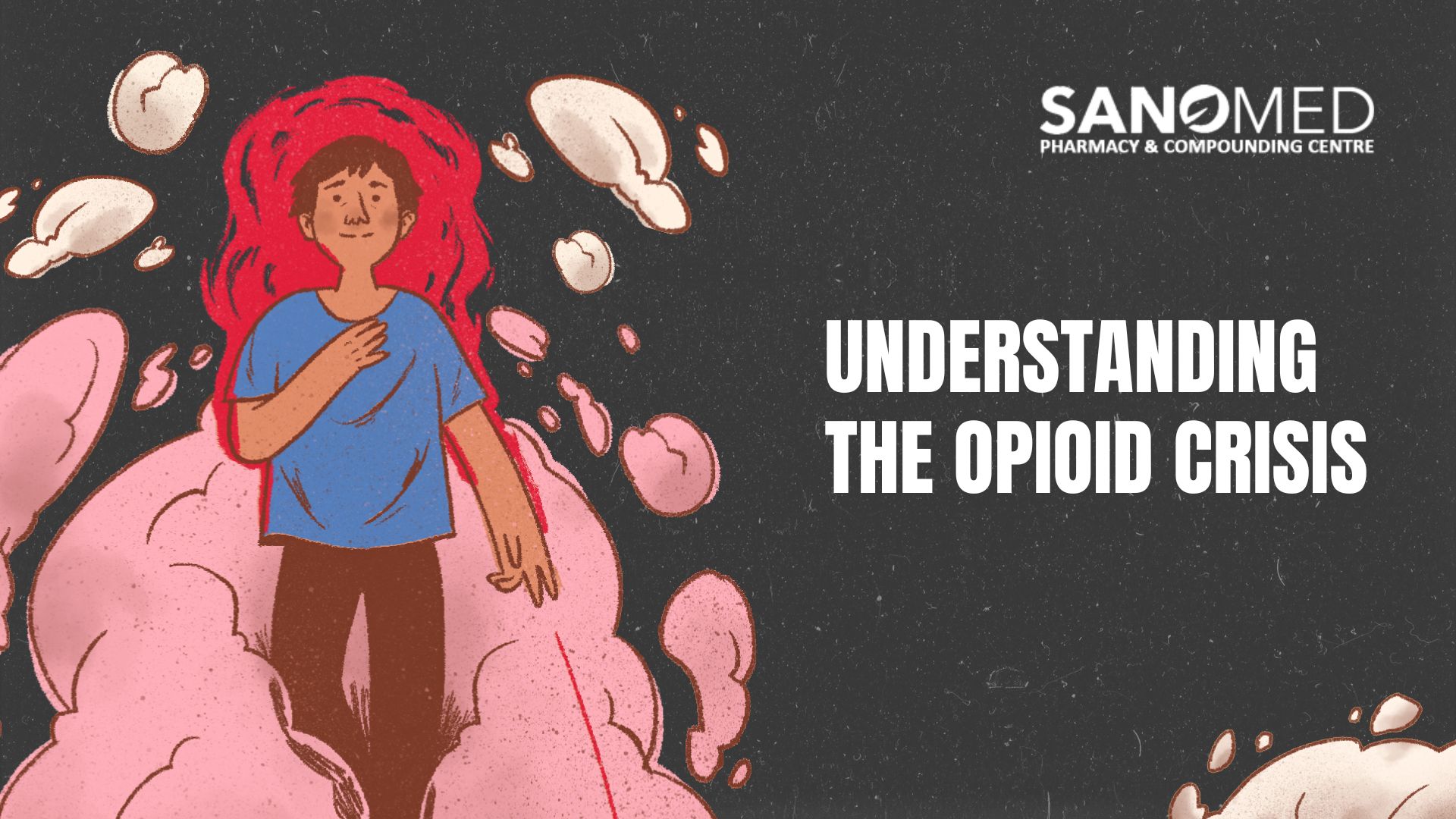The opioid crisis has emerged as one of the most pressing public health issues of our time, affecting communities across the globe with a staggering rise in addiction, overdose deaths, and the widespread misuse of both prescription and non-prescription opioids. Understanding the crisis and adopting safe medication practices are essential steps toward mitigating its impact. Here’s what you need to know.
The Scope of the Opioid Crisis
Opioids, a class of drugs used to treat pain, have legitimate medical uses but also possess a high potential for dependency and abuse. The crisis is characterized by a dramatic increase in the use of prescription and non-prescription opioids, leading to a surge in addiction rates and overdose deaths. It underscores the delicate balance between managing pain and preventing abuse.
Recognizing the Risks
Opioid medications can be highly effective for pain management but carry the risk of addiction and overdose, especially with long-term use. It’s crucial to understand the potential side effects, which can range from drowsiness and nausea to respiratory depression and increased risk of heart problems.
Safe Medication Practices
- Follow Prescriptions Carefully: Always use opioids exactly as prescribed by your healthcare provider. Never take a higher dose or use more frequently than directed.
- Open Communication: Discuss all your medications and health conditions with your healthcare provider to avoid harmful interactions and ensure the safest treatment plan.
- Avoid Sharing Medications: Never share prescription opioids, as what’s safe for one person could be harmful for another.
- Proper Storage and Disposal: Keep opioids in a secure place out of reach of others, especially children, and dispose of unused medication safely to prevent misuse.
Alternatives to Opioids
For many, exploring alternatives to opioids for pain management can be a safer option. Non-opioid pain relievers, physical therapy, acupuncture, and mindfulness practices are effective for many individuals. Always consult with healthcare professionals to find the best approach for your specific situation.
Recognizing and Addressing Misuse
Understanding the signs of opioid misuse is vital. If you or someone you know is struggling with dependency, it’s crucial to seek help immediately. Resources include medical professionals, support groups, and specialized treatment programs that offer pathways to recovery.
The Role of Education and Awareness
Raising awareness about the opioid crisis and promoting safe medication practices are essential steps in addressing the issue. Education on the risks associated with opioid use, the importance of proper medication management, and the availability of treatment options can empower individuals to make informed decisions.
The opioid crisis is a complex issue that requires a multifaceted approach. By understanding the risks, adhering to safe medication practices, and exploring alternatives for pain management, we can contribute to the efforts to combat this epidemic. Remember, taking proactive steps and seeking help when needed can make a significant difference in preventing misuse and addiction.

